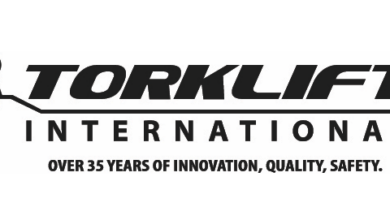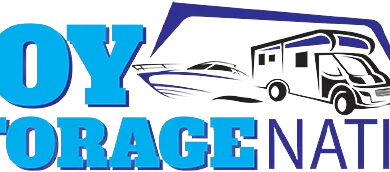Sustaining Your Parts & Accessories Customer Base
Positively affect both Mother Nature and your sales by being more eco-friendly.

There has been substantial focus on the topic of sustainability in various media. Many corporations have established a sustainability officer/manager position, and some of these businesses have realized an increase in sales by supporting sustainability. With sustainability being a special theme of April’s RV PRO issue, I decided to jump on the bandwagon and include a few points of sustainability as it pertains to your parts and accessories operations.
How could you support sustainability in your parts and accessories operations?
Probably the best place to start looking is the content of your parts and accessories inventory. What products do you offer that could support sustainability? At first glance, you could probably suggest chemicals and products that are eco-friendly, such as blackwater treatment items and biodegradable toilet tissue.
What about other products that might not initially seem to support sustainability? Do you stock tire/wheel covers to minimize deterioration of the tire compounds? If the tires last longer because they have been protected from the elements, aren’t those tire/wheel covers helping your environmentally conscious efforts? And, since we are talking about tires, do you offer tire pressure monitoring system (TPMS) products? TPMS also could extend the lifetime of tires by assisting in maintaining proper inflation, which reduces unnecessary wear due to under- or overinflation.
What about RV cleaning products? Do your POP displays stress the sustainability benefits of maintaining the exterior and interior surfaces of your customers’ RVs? You could offer workshops for your customers that include demonstrations in the proper, effective use of these products – with special emphasis on the frequency of application and the quantity required to maintain those surfaces.
If any of your customers perform routine maintenance of their RVs, do you include maintenance schedules in your displays of the chemicals and tools required to perform that maintenance? For customers who will be traveling, especially on extended trips, do you suggest maintenance kits that include the chemicals, tools and other products, such as cleaning materials, that they will need while on the road? These kits ensure that your dealership sells these products and not another dealership along the way. Could you possibly market your service department in those same displays by including signage advertising the cost of routine maintenance?
As you can see, sustainability support could possibly increase your sales in the parts and accessories department. So, maybe you should schedule a staff meeting to brainstorm some ideas on sustaining both the environment and, coincidentally, your customer base. Perhaps include some examples of other companies/industries using sustainability in their operations. I offer an example of a company that has incorporated sustainability as a core principle for many years – Patagonia. I refer you to the Wikipedia article on Patagonia and its founder, Yvon Chouinard, to see how your business could benefit from sustainability.
And since Patagonia is almost synonymous with camping and the outdoors, I will rappel to the second topic of this month’s column.
RV Camping
The February issue of RV PRO featured two articles about RV manufacturers that produce models for RVers who like to go off-grid. According to The Dyrt, which provides camping subscription software, twice as many people went off-grid camping in 2022 than in 2021, and this increase continued in 2023. You might be thinking: That’s interesting, yet how does that impact my parts and accessories department? Good question. Allow me to ask some questions to assist you in answering that.
What goods and equipment might these off-grid RVers require to support their lifestyle, and which of these items do you carry in your parts and accessories inventories? How will they be powering their RV components and their personal gear? Do you supply solar panels to provide that power? What training have your RV sales, parts and service personnel received regarding solar panels?
Another article in the February issue of RV PRO focused on lithium iron phosphate (LiFePO4) batteries, which could provide RVers some of that house power needed during off-grid camping. What models of these LiFePO4 batteries do you have available in your inventory? Both the solar panels and LiFePO4 batteries support the sustainability theme by offering a renewable energy source and a longer battery life.
For these off-grid RVers, do you offer off-road tires, suspension upgrades and leveling equipment to address the sometimes less than flat terrain where they might park their rig? When discussing these possible upgrades with your camping customers, are your RV sales and parts associates able to quote the installed price for these items? This could be a cross-merchandising opportunity. Some of these upgrades may be costly, so it could be important to include the installation costs when discussing these items. It could also be beneficial to close the sale if the sales and parts associates know the time required to install the item(s). In fact, these associates might even invite their customer to meet with the service advisor to discuss scheduling of the work.
Your answers to some of these questions might require changes to your inventory and to your associates’ training. Yet change is inevitable, per a quote attributed to Heraclitus, a Greek philosopher: “The only constant in life is change.” My challenge to you is, are you willing to make those changes?



